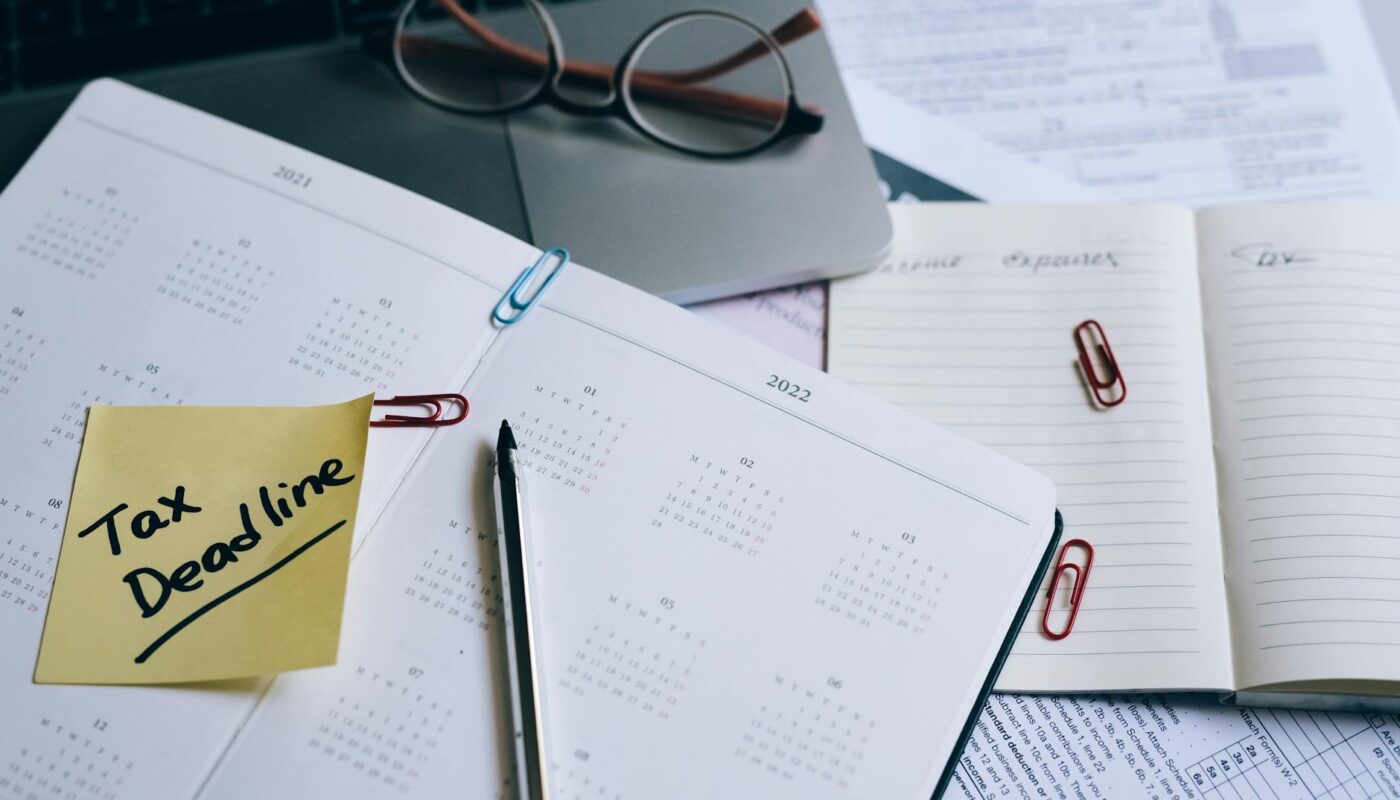Sticking to a monthly budget can feel like a marathon, not a sprint. It requires planning, discipline, and a bit of cleverness. But don’t worry, with the right strategies, you can conquer your financial goals and achieve financial freedom. This guide will provide you with practical tips and tricks to help you stay on track.
Planning Your Budget: The Foundation of Success
Before you even think about spending, you need a solid budget. This involves tracking your income and expenses for a month or two to get a clear picture of your spending habits. Use budgeting apps like Mint or YNAB to simplify the process. Categorize your expenses – needs versus wants – to identify areas where you can cut back. Remember to include unexpected costs, such as car repairs or medical bills, in your budget. 
Track Your Spending: Know Where Your Money Goes
Once you have a budget, it’s crucial to monitor your spending closely. Use budgeting apps, spreadsheets, or even a simple notebook to record every transaction. This helps you stay accountable and identify any discrepancies between your planned budget and your actual spending. Regularly reviewing your spending will give you valuable insights into your habits and help you refine your budget. Learn more about effective tracking methods.
Automate Your Savings: Make Saving Effortless
Saving shouldn’t feel like a chore. Automate your savings by setting up automatic transfers from your checking account to your savings account each month. Even small amounts add up over time. Consider setting up a separate savings account specifically for emergency funds. Aim to save at least a certain percentage of your income each month. The earlier you start, the better. 
Prioritize Your Needs: Differentiate Between Wants and Needs
One of the biggest challenges in sticking to a budget is differentiating between needs and wants. Needs are essential expenses like rent, groceries, and utilities. Wants are things you desire but don’t necessarily need, like eating out or buying new clothes. By focusing on your needs first, you can avoid overspending on non-essential items. Learn how to prioritize your financial needs.
Cut Unnecessary Expenses: Identify Areas for Reduction
Take a close look at your spending habits. Are there subscriptions you no longer use? Can you reduce your dining-out frequency? Small changes can make a big difference in the long run. Look for areas where you can negotiate lower bills, such as your internet or phone plan. Consider finding cheaper alternatives for certain products or services. [IMAGE_3_HERE]
Review and Adjust Regularly: Your Budget is a Living Document
Your budget isn’t set in stone. Life changes, and your financial situation may fluctuate. Regularly review and adjust your budget to reflect any changes in your income or expenses. This could involve increasing your savings rate, cutting back on spending in certain areas, or adjusting your goals. Learn more about adapting your budget to life changes.
Sticking to a budget is a journey, not a destination. It takes time, effort, and consistent monitoring. But with the right strategies and a commitment to financial responsibility, you’ll find that budgeting can empower you to achieve your financial goals and enjoy a more secure financial future. It’s a rewarding process that provides significant peace of mind. Remember to celebrate your successes along the way!
Frequently Asked Questions
What if I have an unexpected expense? If you have an unexpected expense, don’t panic. Refer to your emergency fund. If you don’t have one, consider taking some money from your savings or cutting back on some non-essential expenses to cover it. Remember to re-evaluate your budget to avoid similar situations in the future.
How often should I review my budget? It’s recommended that you review your budget at least once a month to make sure you are staying on track and adjust it as necessary.
What are some good budgeting apps? Several great budgeting apps are available, including Mint, YNAB (You Need A Budget), and Personal Capital. Explore different options to find one that best suits your needs and preferences.
How can I make budgeting less stressful? Start small, and don’t try to overhaul your entire spending overnight. Set realistic goals, reward yourself for your progress, and remember that it’s okay to make mistakes—it’s all part of the learning process. Seek help from a financial advisor if needed. Check out this resource for stress-free budgeting tips.



